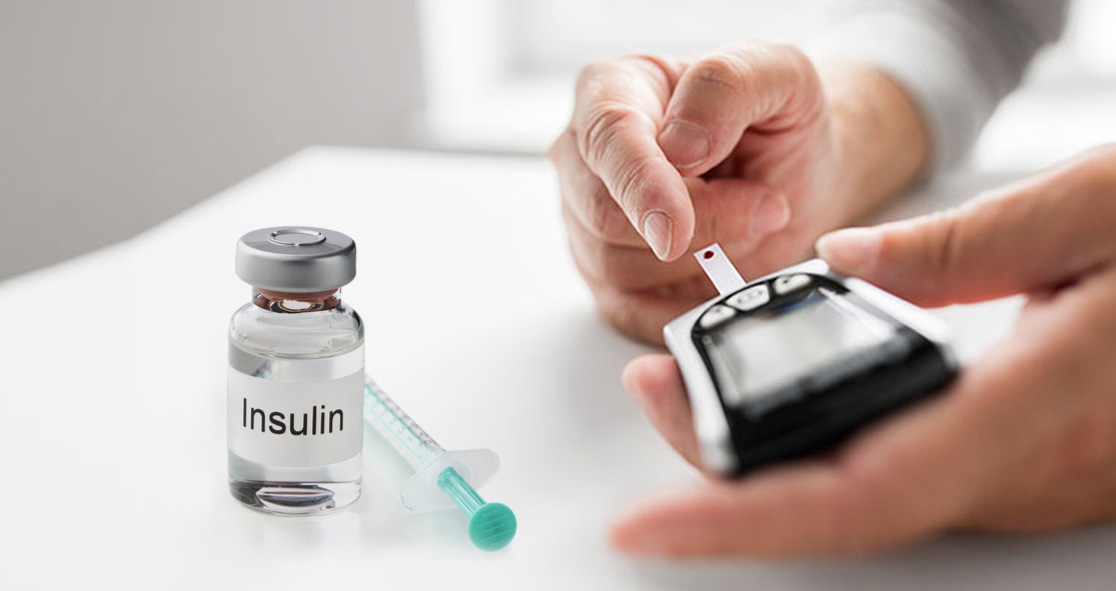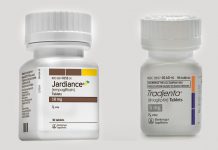A new study has suggested that a new procedure, which resurfaces the duodenum, may allow people with type 2 diabetes to stop taking insulin.
The procedure, called Duodenal Mucosal Resurfacing (DMR), was performed on the study participants, along with a commonly prescribed diabetes medication known as GLP-1 receptor agonist, counseling on lifestyle factors, a healthy diet, and exercise.
DMR is a minimally invasive procedure in which an endoscope is threaded down to the GI tract for resurfacing or ablating the duodenum.
GLP-1 receptor agonists include drugs such as Victoza (liraglutide), Trulicity (dulaglutide), Ozempic (semaglutide), among others.
After six months of the treatment, nearly 75% of the study participants who were taking insulin no longer needed it. In addition, the amount of fat in their livers decreased from 8% to less than 5%.
Lead researcher Dr. Suzanne Meiring of Amsterdam University Medical Center in the Netherlands said, “The duodenum harbors a broad potential for the treatment of type 2 diabetes and this combination treatment could be a game-changing approach in the treatment of type 2 diabetes and the metabolic syndrome.”
Dr. Meiring said it is unclear why the DMR procedure works. “We think the effects result from a combination of changes that occur when the duodenal mucosa is ablated and rejuvenated,” she said. “We think that changes in hormonal signaling, including the gut hormone GLP-1, bile acid compositions, and the microbiome play an important role.”
At the start of the study, the participants’ average HbA1C levels were under 8%. After 12 months of treatment, the average fell to 6.7%. According to the American Diabetes Association, diabetics should maintain their HbA1C below 7%.
After the procedure, patients were given a specific diet for a couple of weeks and after that, they were asked to take the GLP-1 receptor agonist medication.
Dr. Meiring said researchers added the diabetes drug because it also has an action on the duodenum, hoping that it would boost the effects of DMR, “possibly even causing a synergistic effect,” she said.
No serious DMR procedure-related side effects were reported, according to the researchers.
Endocrinologist Dr. Akankasha Goyal at NYU Langone Health in New York City reviewed the study findings and said, “This is a simple, single procedure that seems to have amazingly positive results, but this is a small group from a homogenous population. It looks hopeful, but we need to see the larger trials. And, we need to know: how long does the procedure last?”
Calling the findings very exciting, Dr. Mitchell Roslin of Lenox Hill Hospital in New York City said the procedure may not have a direct effect on diabetes but the positive results could be due to weight loss.
Dr. Roslin said, “People in clinical trials are motivated to lose weight and they change their eating habits. So, the question is: Is the procedure the cause [of the changes] or is it an association? I would bet it’s an association.” The article appeared on Medicine Net.





















